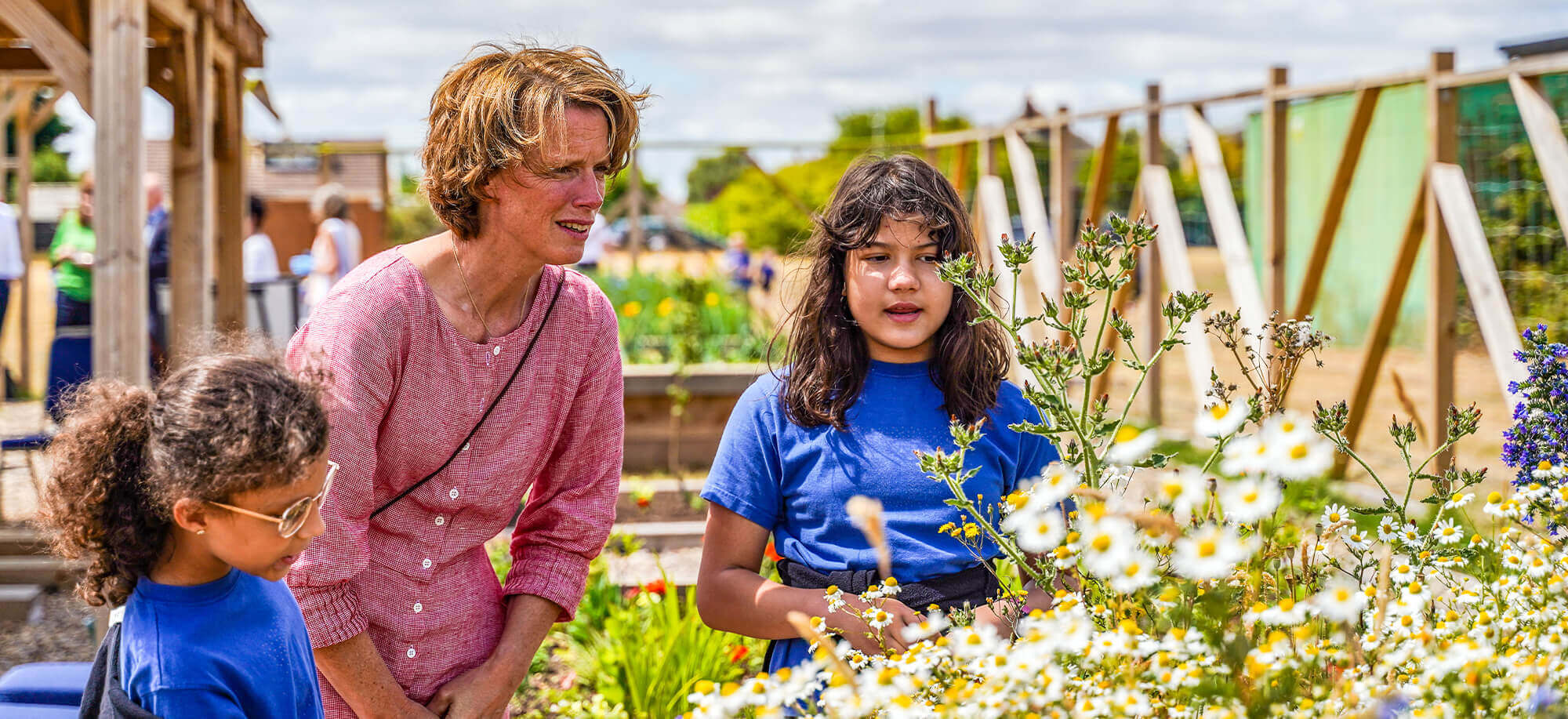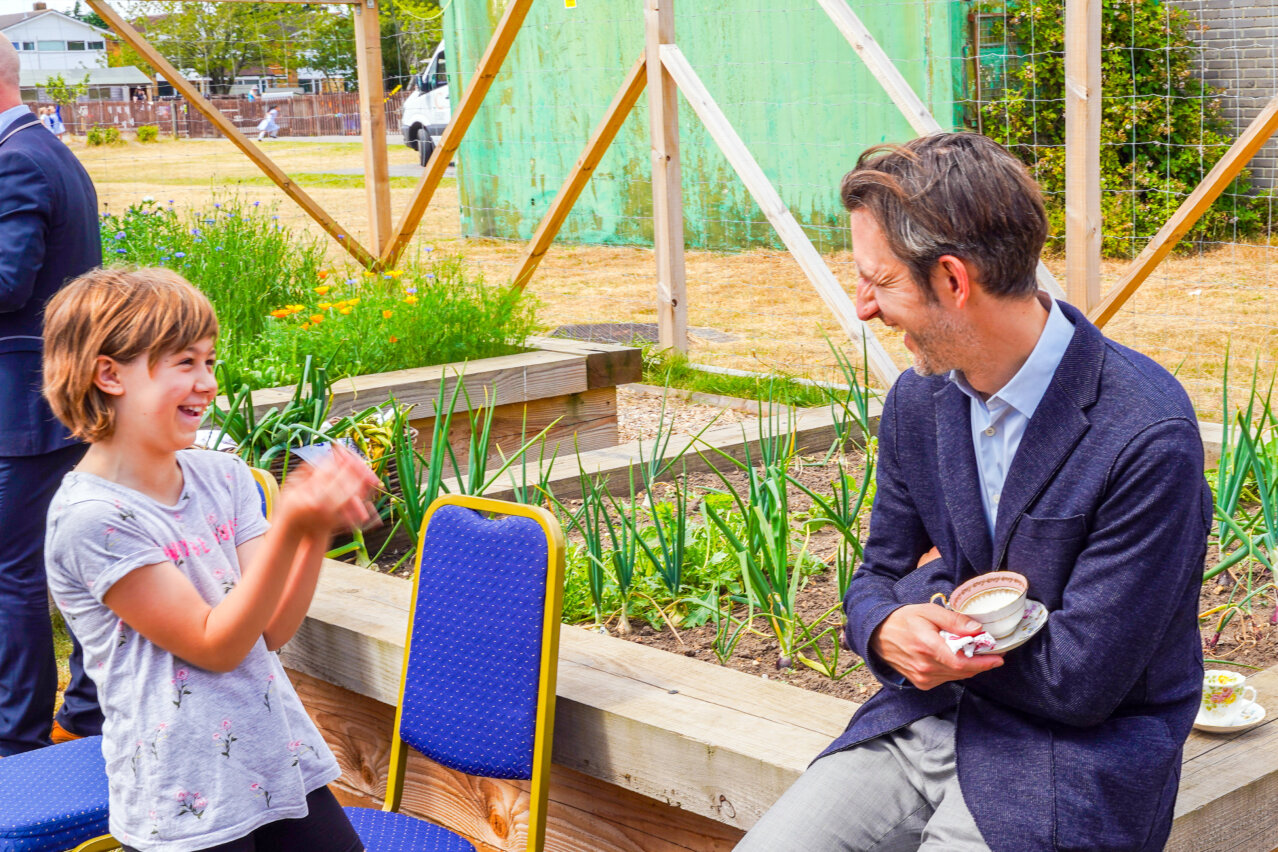Through collaboration and innovation we help people to live well, creating benefit for those living and working across our region.
-
Across England, almost 20 percent of people are now aged 65 and above. As we live longer, we need to encourage people to stay fit and healthy – to live well – for longer.
Loneliness and isolation affects almost half of our population, impacting our health, wellbeing and productivity. By funding causes that promote community cohesion and togetherness, we’re strengthening networks that help people build confidence and feel safe.
-
Good mental health plays a huge role in our wellbeing; creating a more inclusive society by empowering individuals and helping them to build meaningful relationships.
Through the work of our partners, we’ve seen how improvements to mental health provision can help individuals and communities. By supporting initiatives that champion mental health, we’re helping to create a fairer and more understanding environment for all.
-
From pre-school to college, apprenticeships and university, education is a truly transformative force, increasing social mobility and empowering individuals to upskill, acquire knowledge and nurture talent.
But educational exclusion in all its forms affects the future prosperity of many people across our region. We need to explore why some young people struggle to gain access to, or engage with, formal education.
We work with organisations to remove barriers and improve outcomes, helping young adults achieve personal and financial independence.
-
Disadvantage can take many forms; including living with physical and mental disability, inequality and discrimination, food insecurity and homelessness. More than 1 in 4 children across our area experience the effects of poverty.
Our work looks to engage with initiatives, groups and organisations that combat disadvantage, eliminate poverty, and tackle sources of social inequality and deprivation.
With a deepening cost of living crisis, cuts to front services and an uncertain economic future, the role of the voluntary and community sector has never been more in demand.
-
Climate change is one of the biggest challenges we face – it affects us all, particularly more deprived communities.
We believe that positive action, no matter how small, can effect real change – we need to do more to combat environmental harm and mitigate risk.
We’re working with key groups and organisations to raise awareness and enable the restoration of damaged ecosystems and degraded landscapes; balancing the requirements for nature recovery with community access to the great outdoors and its associated benefits.




